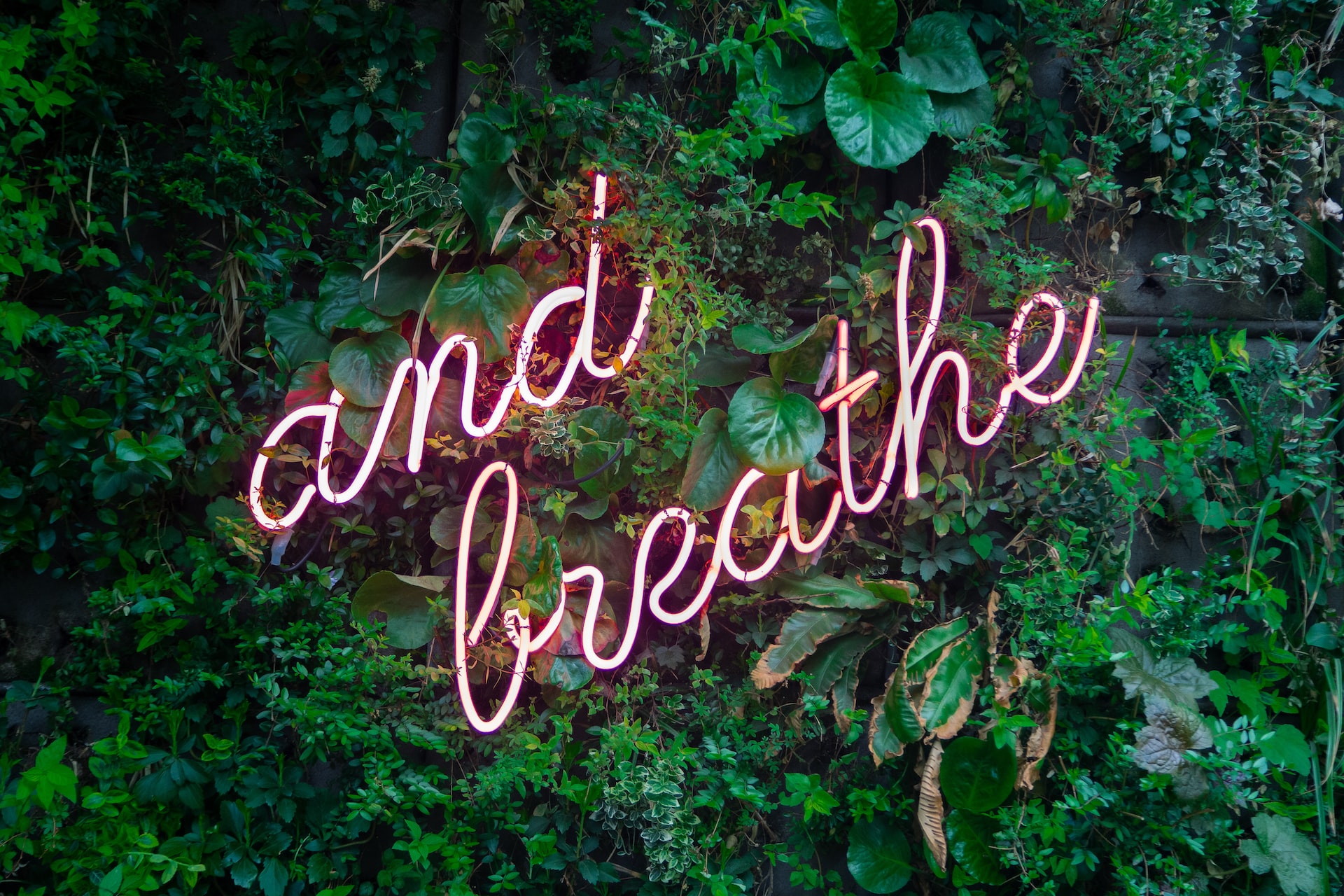Living in the present moment is a giant challenge for most of us. Yet, we are reminded in the recovery community that keeping it in the day is vital for successful recovery. In this age of social media and technology though, our past and our future are ever present and demand our immediate attention. Our busy lives require us to have calendars with beeping reminders of the things we need to do “tomorrow”. Likewise, our past is rocketed into our current awareness by facebook memories and other social media pursuits. Keeping it in the day and staying mindful of where we are at is difficult but not impossible.
Finding Balance
It’s not a bad thing to look back over our past. There’s many things that we have in our lives that we won’t ever forget. We have important things from our past that we celebrate in the present such as birthdays, wedding anniversaries etc. And where would be be if we never planned for the future? We would be ill prepared for what is to come without forward planning.
It’s the dwelling on the past and the future that causes us problems. Living in our past trauma can take us back to a place of dis-ease and depression. Likewise becoming worried and anxious about future events may keep us stuck and in fight or flight mode.
It takes practice and conscious commitment to stay in the here and now. We have to train our minds to not wander into the past or present and focus on the day in hand.
Journaling
Journaling can be a great place to start. Most of us have heard of the “Morning Pages” practice developed by Julia Cameron in her book The Artists Way. This practice involves writing three pages of your most random and varied thoughts first thing in the morning. Originally it was written for artists of any kind to become unstuck and recover their creative spark. However, it can be adopted by anyone to help us empty our minds of our too loud thoughts and give it the attention it needs. It then leaves space to focus on our daily tasks without constant intrusion from our thoughts.
Getting Grateful
Again, gratitude is an important recovery concept that can help keep us present. Writing a gratitude list in the morning or evening, depending on when you like to journal can definitely help with staying present. I find it helpful when I’m trying to focus on a task and find myself becoming detached from the here an now. There are some things I just cannot stay engaged with for long periods of time. When that happens I try to stop, notice the environment around me and find gratitude in that. I notice the temperature in the room, the weather outside, the coffee sitting in front of me, my family members and my pets. I begin to feel myself becoming grounded and engaged once again. Getting up and moving around when we start to slip into a daydream or state of worry can also bring us back to Earth.
Breathwork & Meditation
One of the best ways to train our minds into staying present is through meditation and breathwork. Finding classes to learn these methods can keep us more engaged and committed. If however, you prefer to go solo, online groups can be an option as well as video tutorials. And BREATHE!
Taking a Break from Social Media
I will be the first to admit that I have a problem with too much engagement with social media. I find myself distracted from the things I need to do by endless scrolling. You might think that constantly engaging with your social media accounts is helping you stay connected to the world. However, it is actually having a negative effect on your ability to be present. It’s another form of detachment and is quite addictive – but you already know that. It is much more important to stay connected and aware of the people that are around you and stay informed with what is going on in your environment right now.
Getting Help
Living in the present and keeping it in the day is all about trying to savor each moment as it is. If you need help with this process, talking to a therapist can be very helpful. God knows, I’d be lost without mine. We are often so consumed with the needs of our family, work pressures and chores that we often forget about our own inner world. Having an hour every week where you can go and offload your stress in a safe space can make everything better. At least it does for me. We often don’t have time to meet up with our friends to talk so having a dedicated time, just for you, is important.
As mentioned above, keeping it in the day takes practice and dedication. It means becoming aware of our drifting off into worry and daydream and pulling ourselves back. There is of course, time for detachment also, just as long as we don’t spend the majority of our time there.


